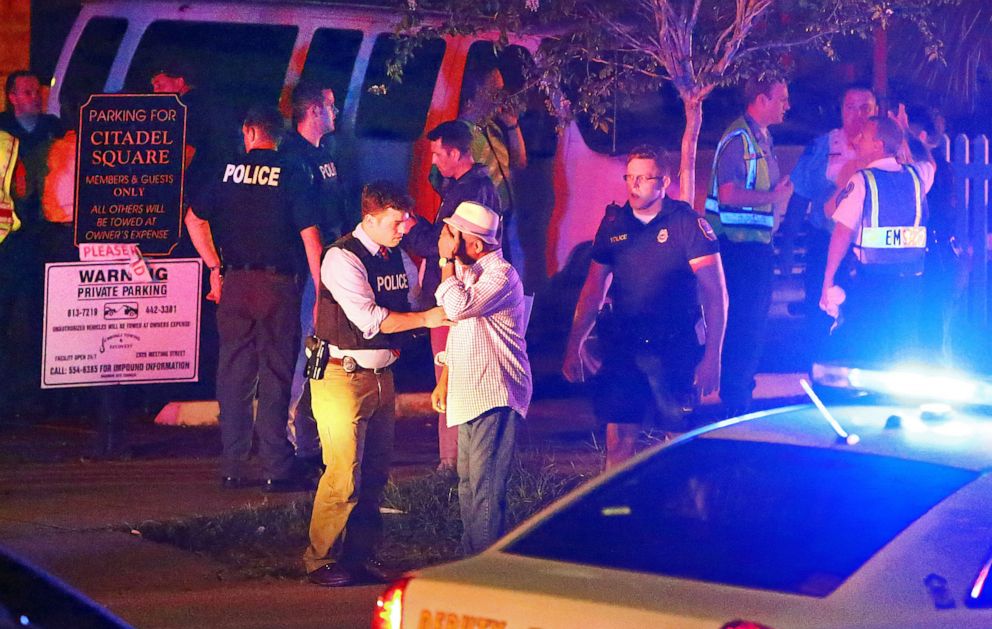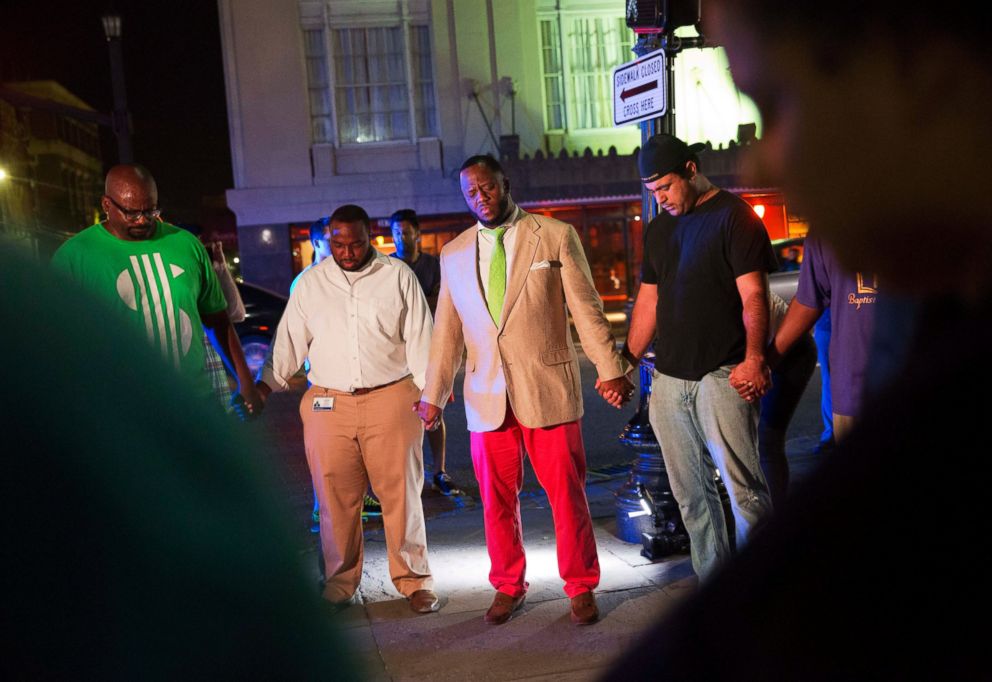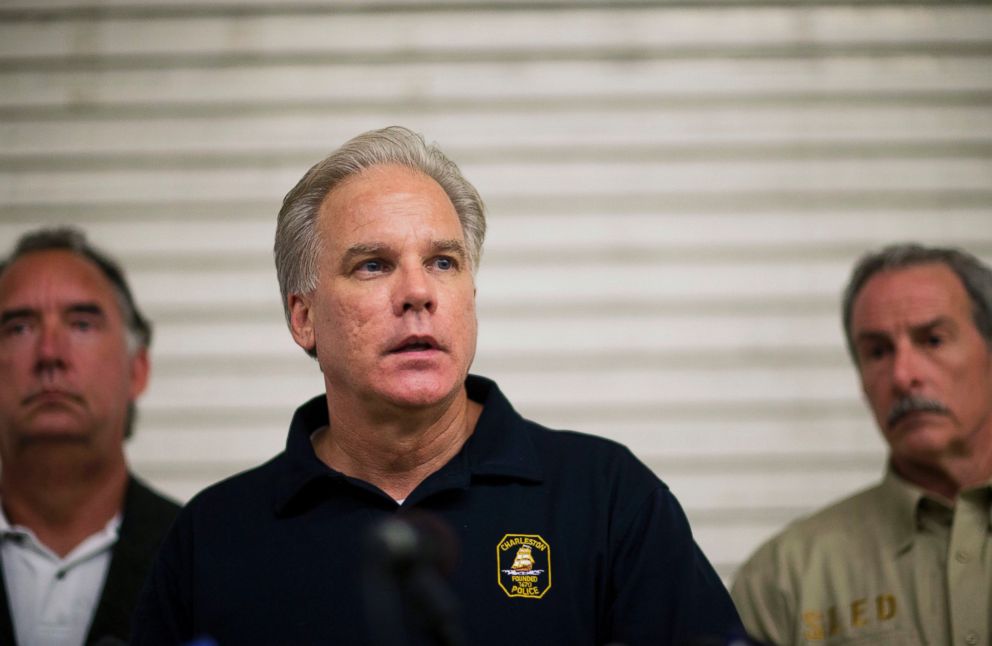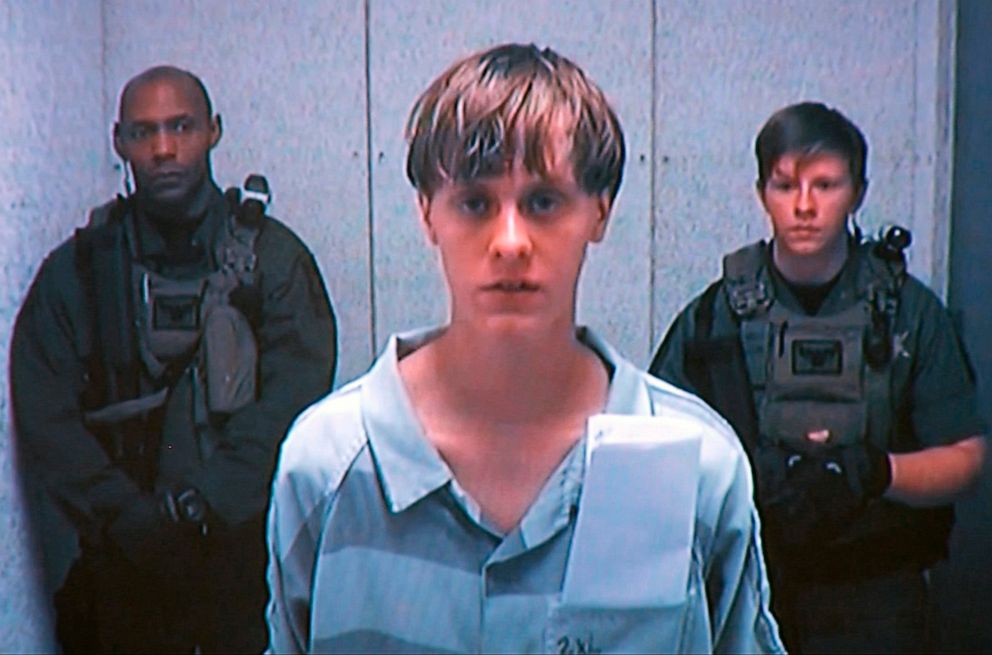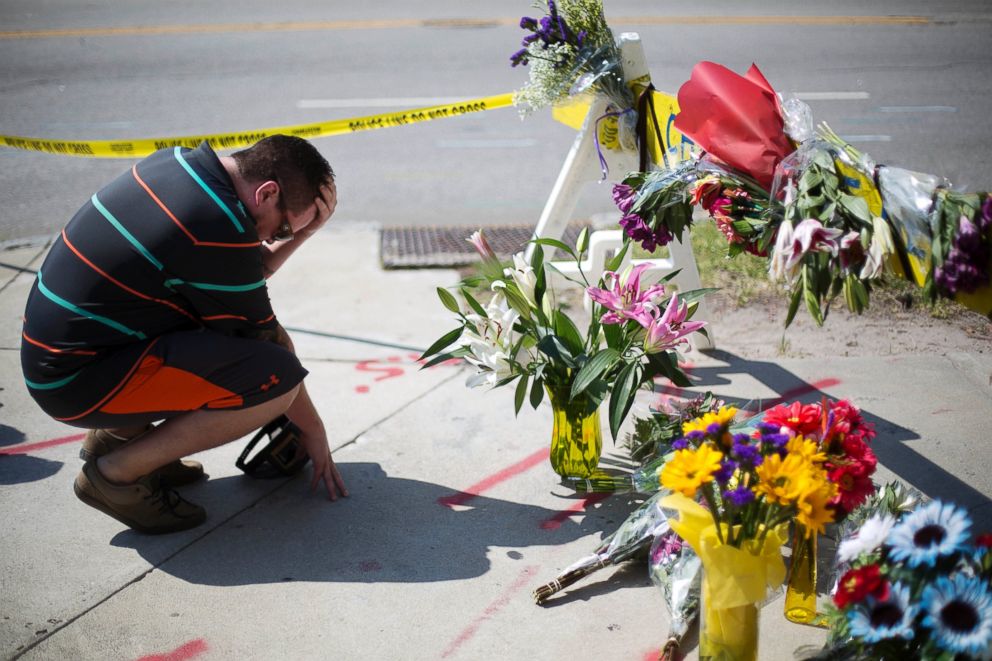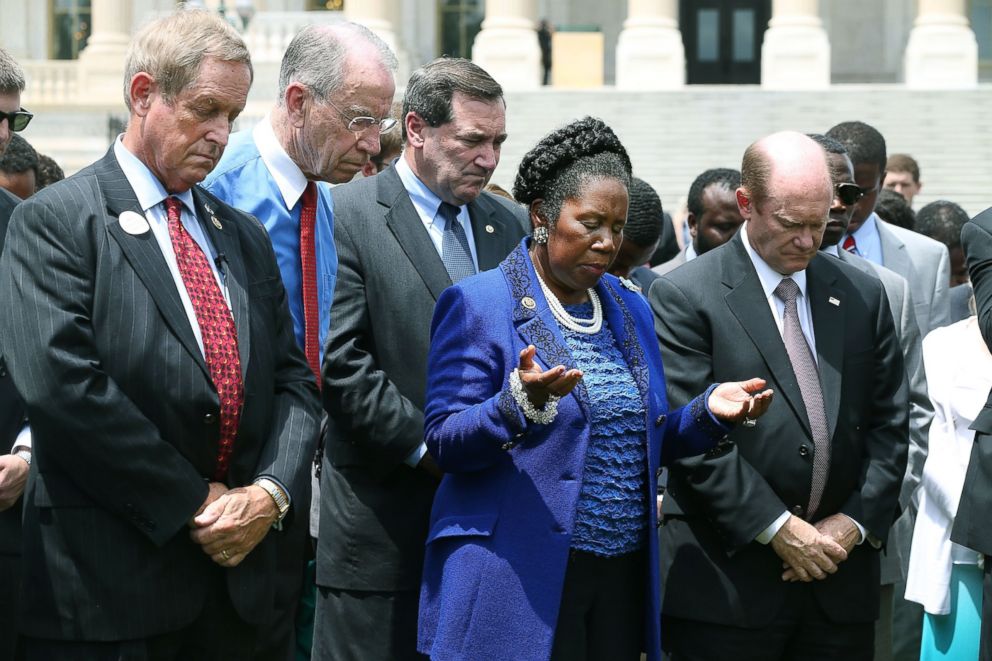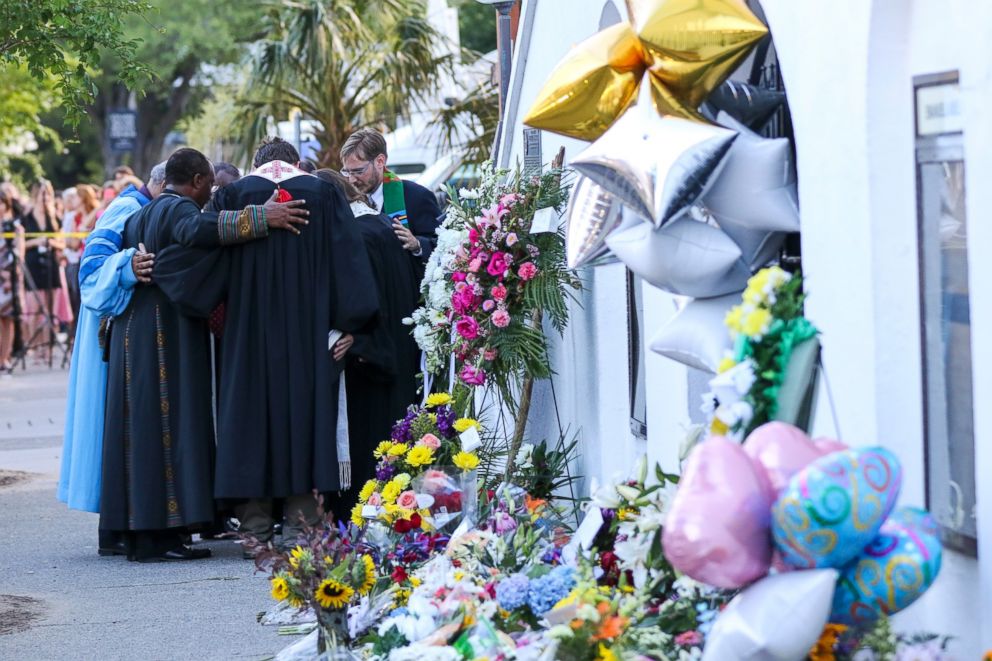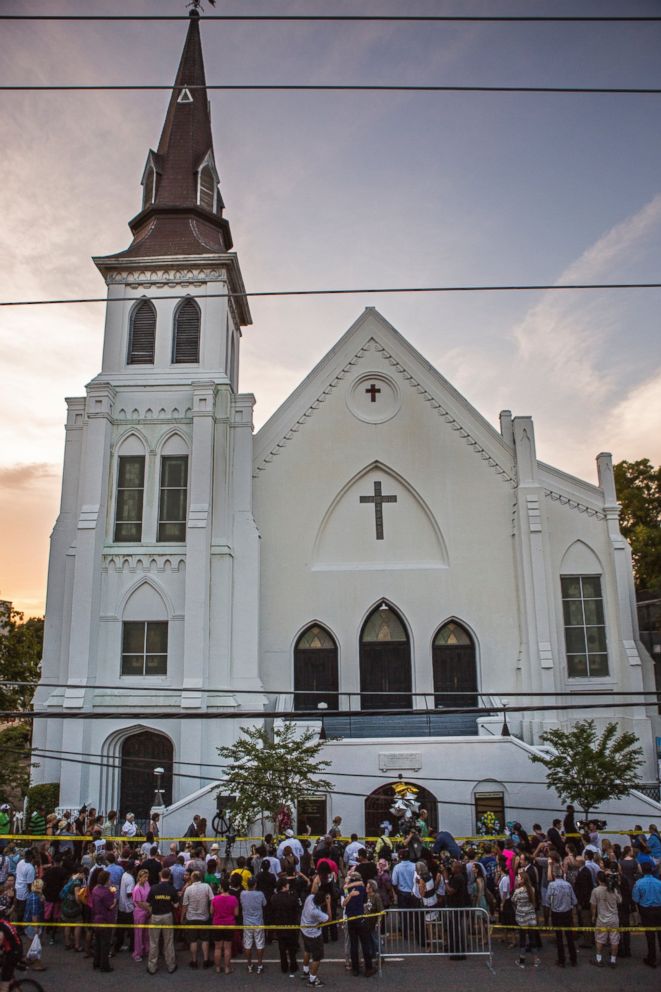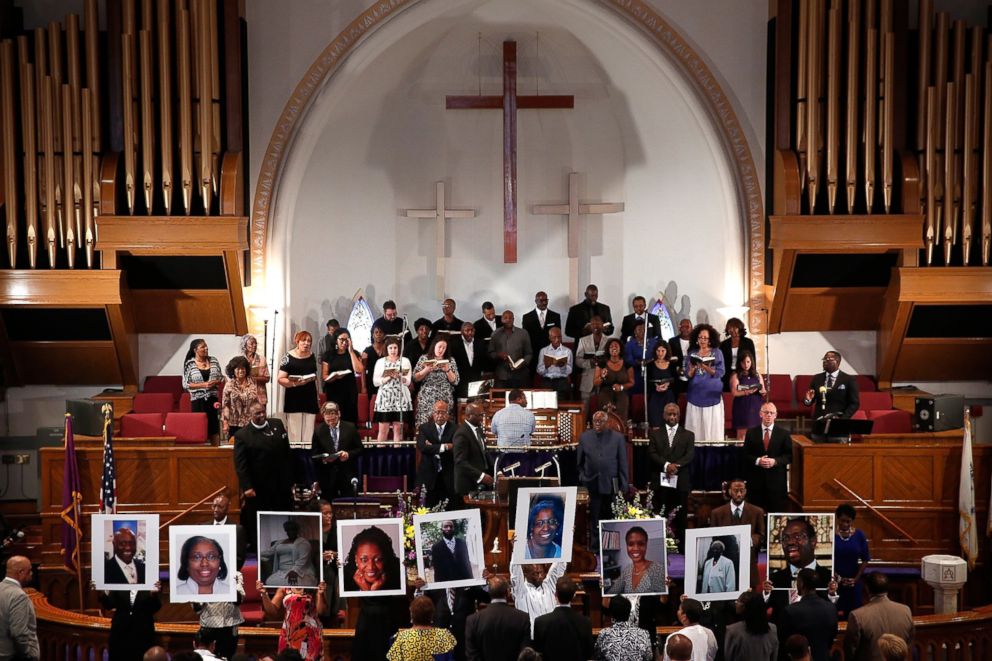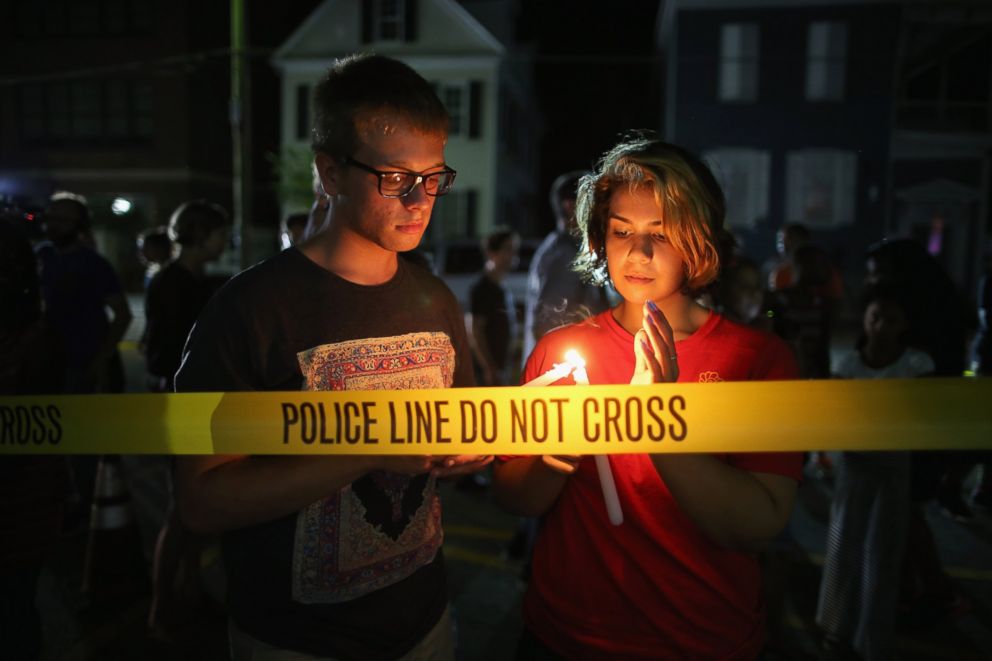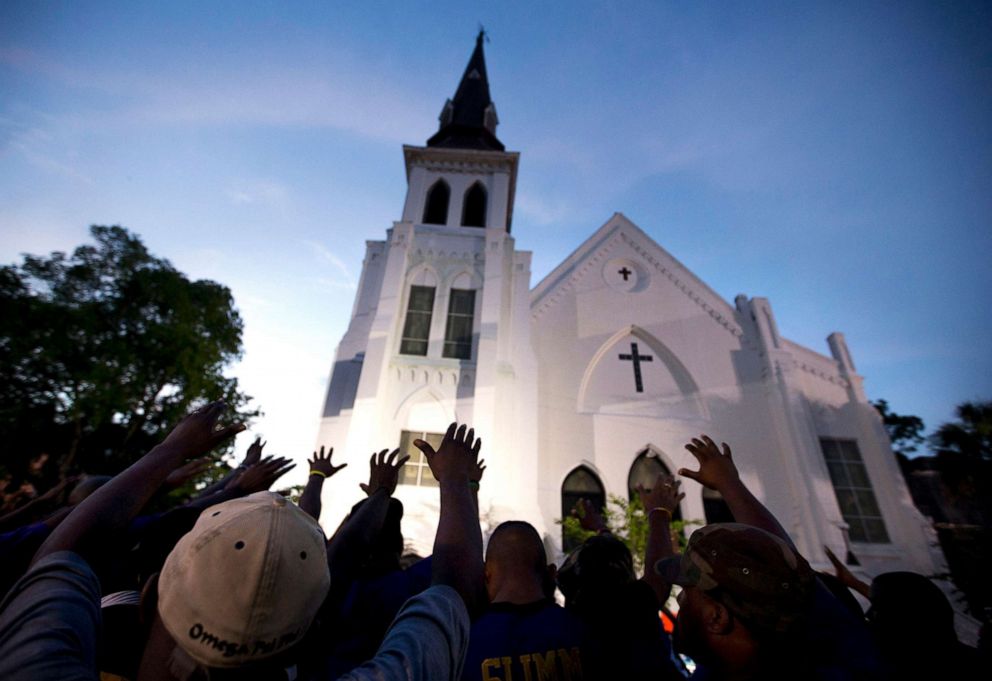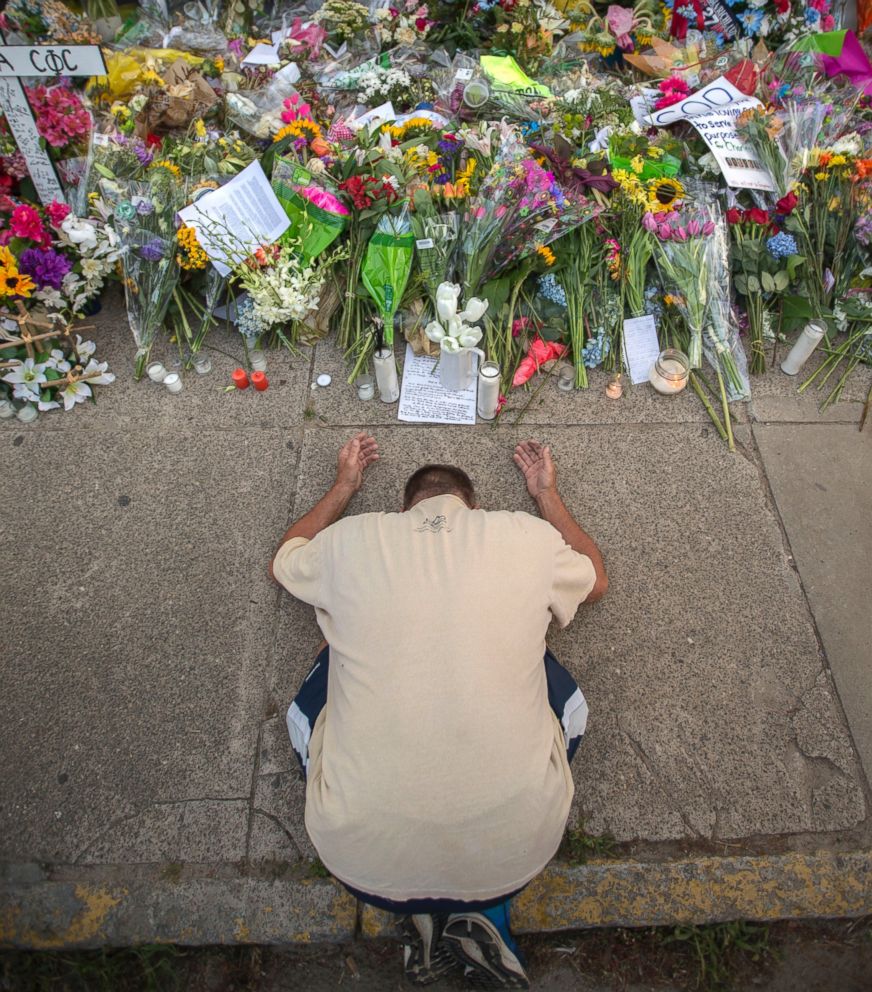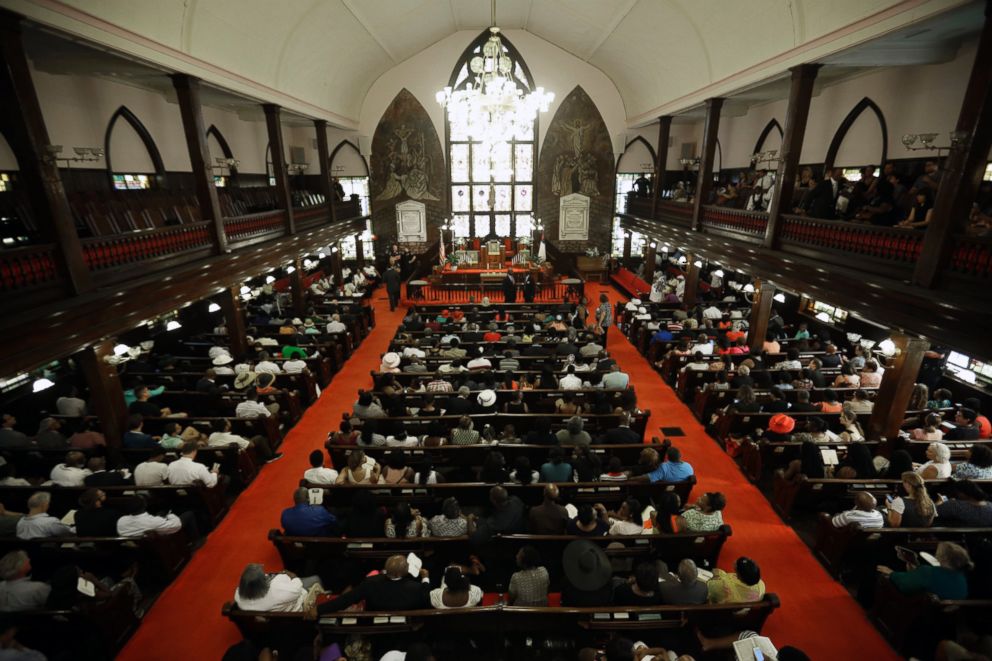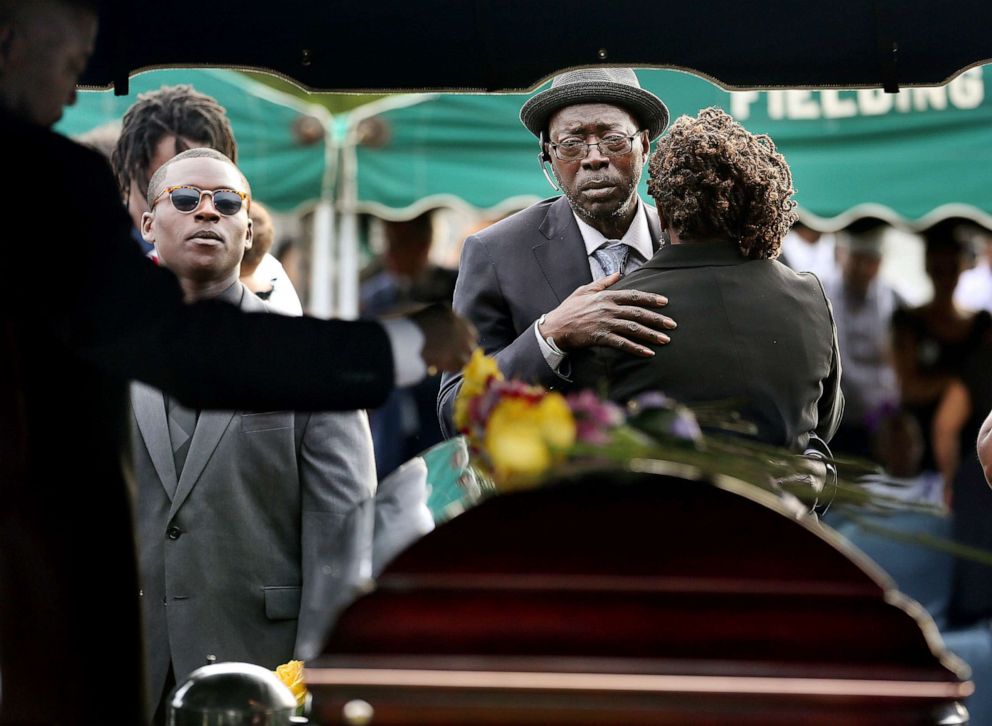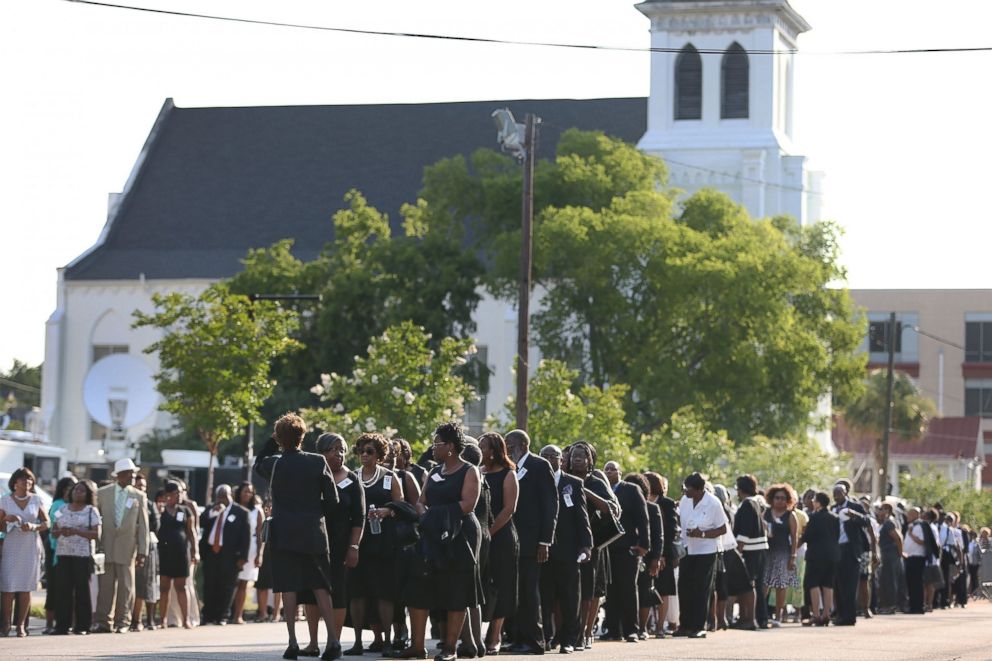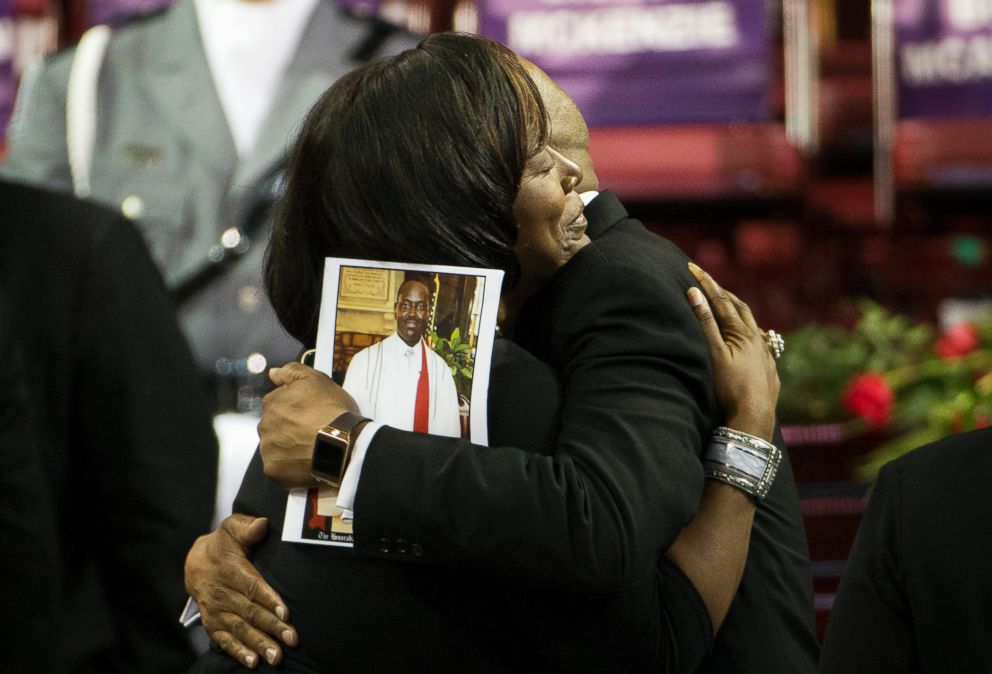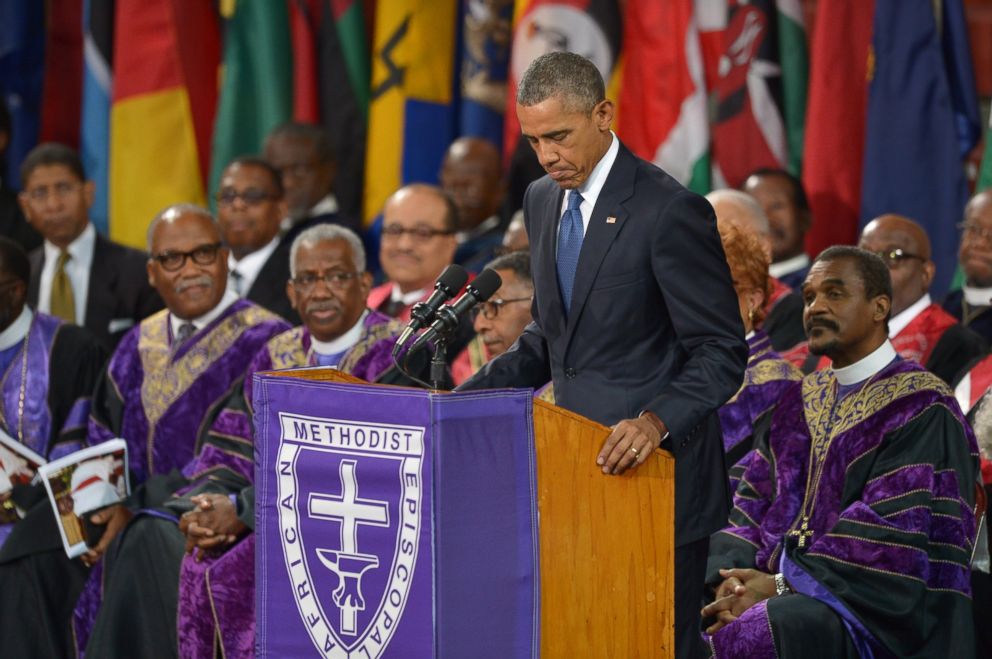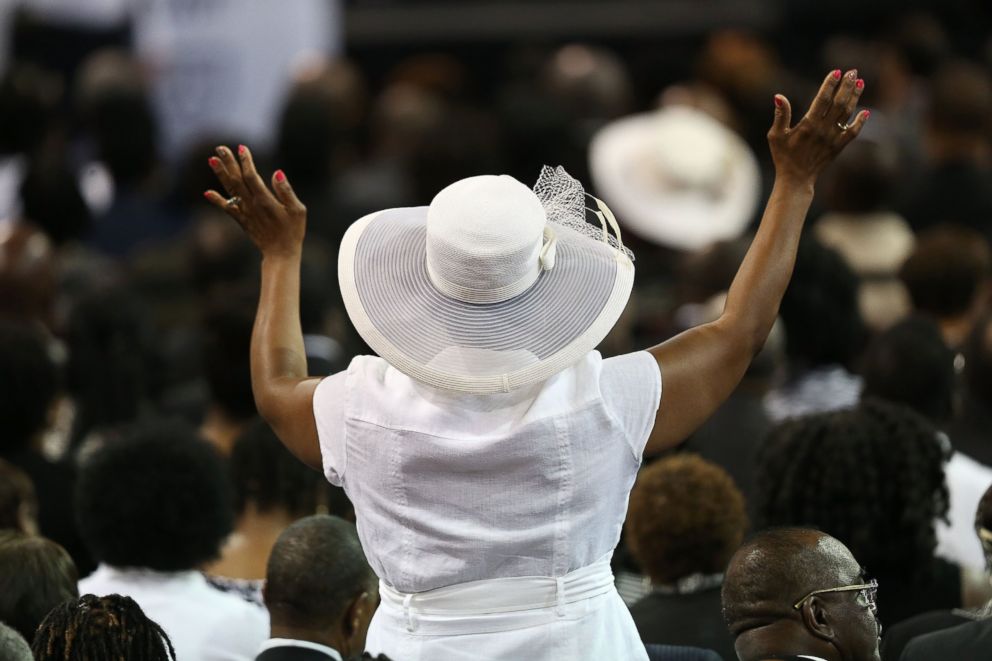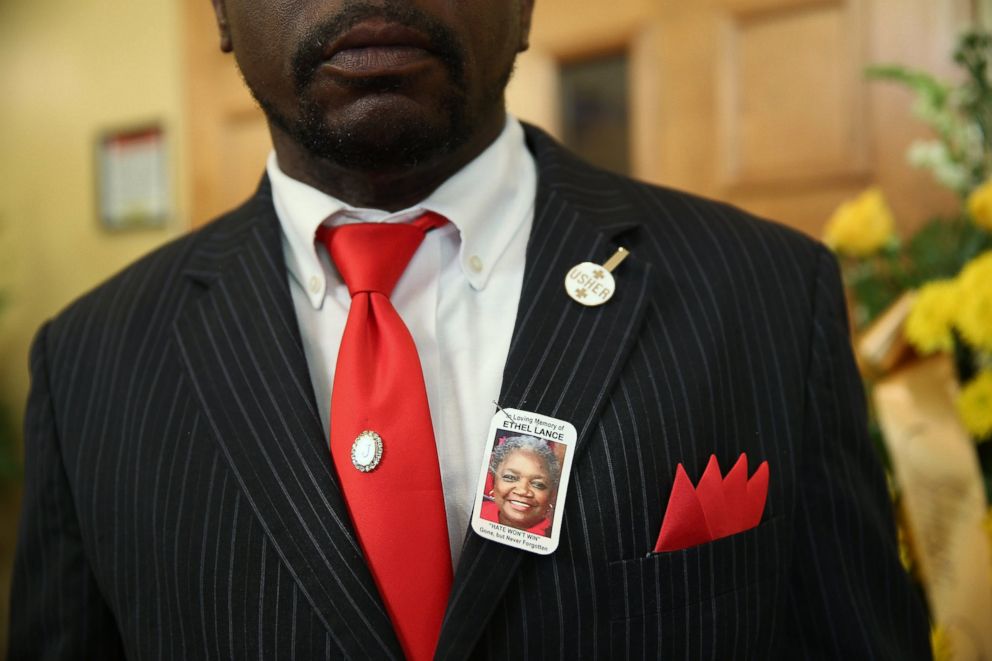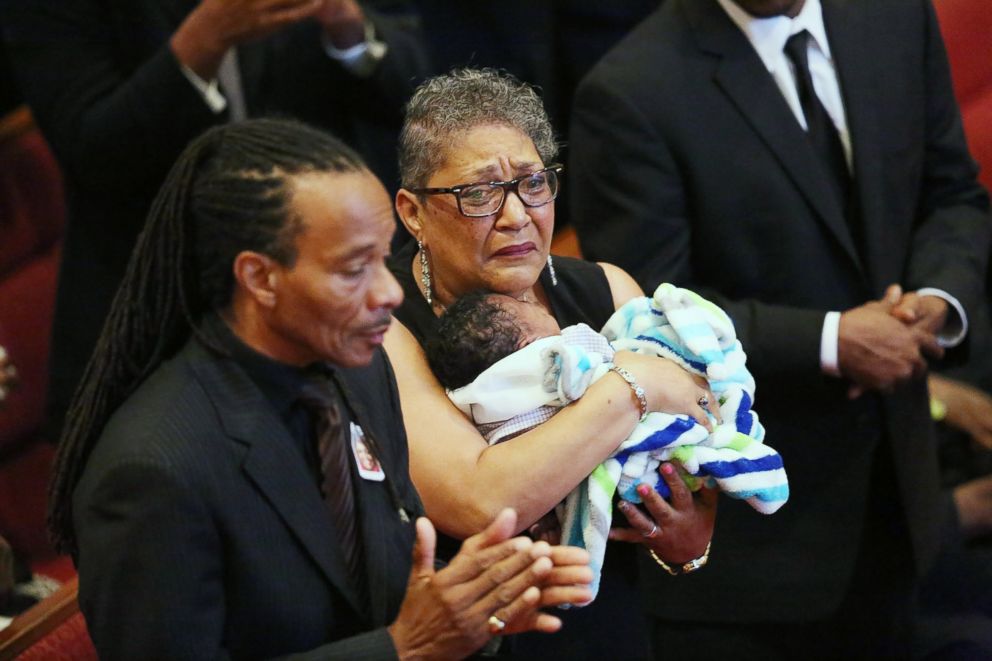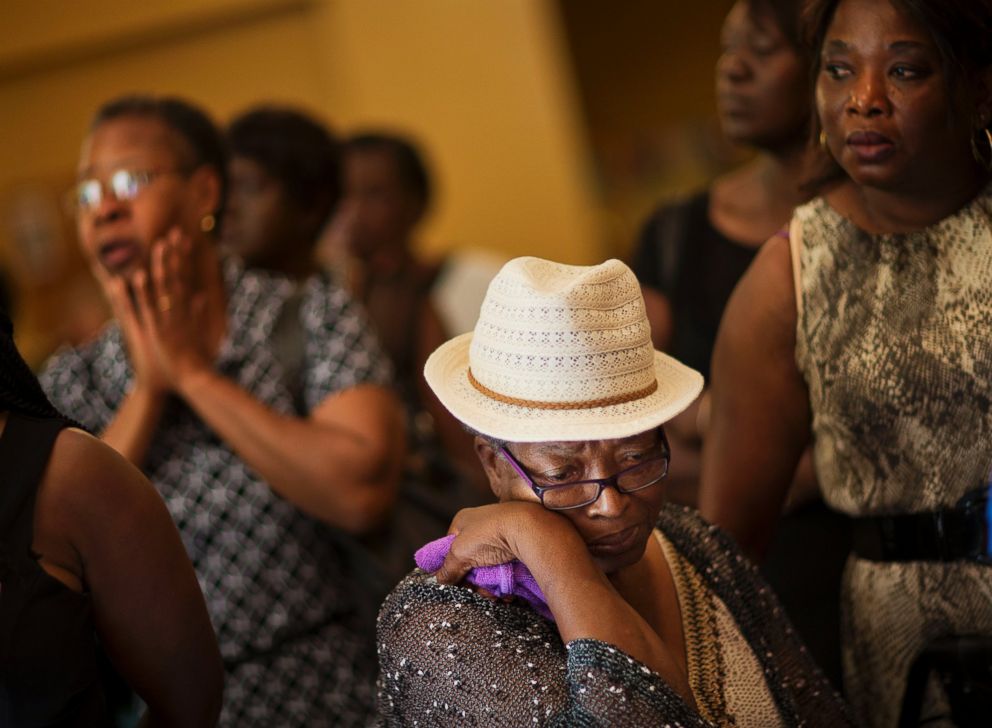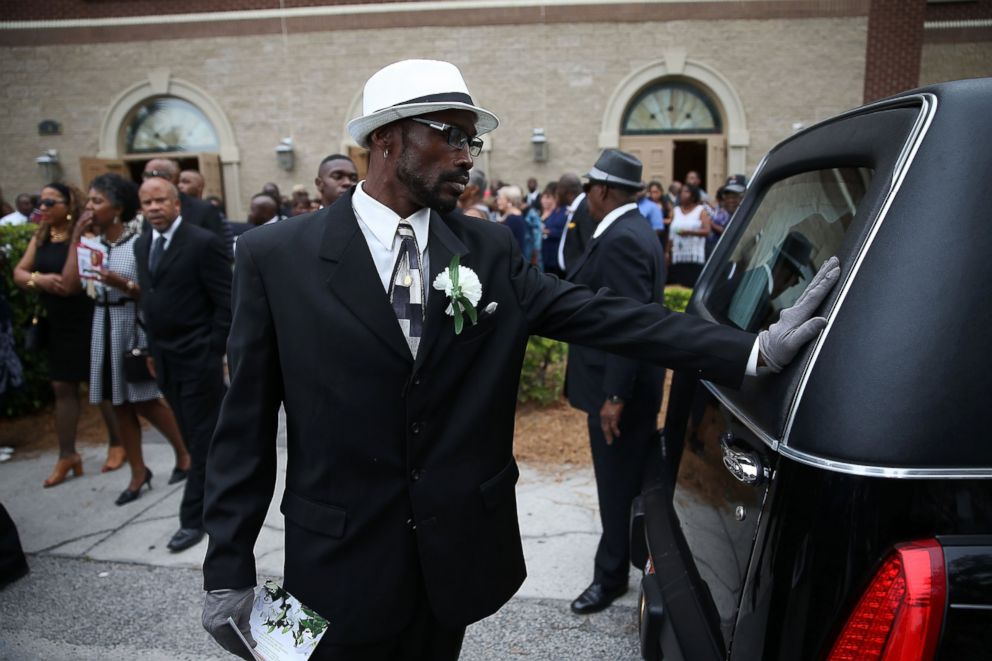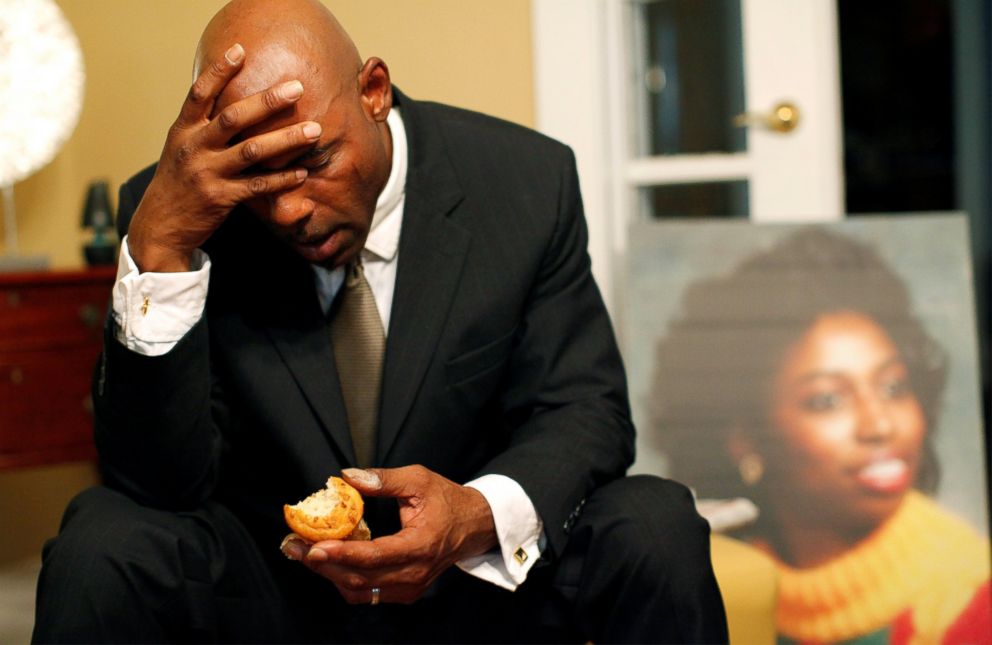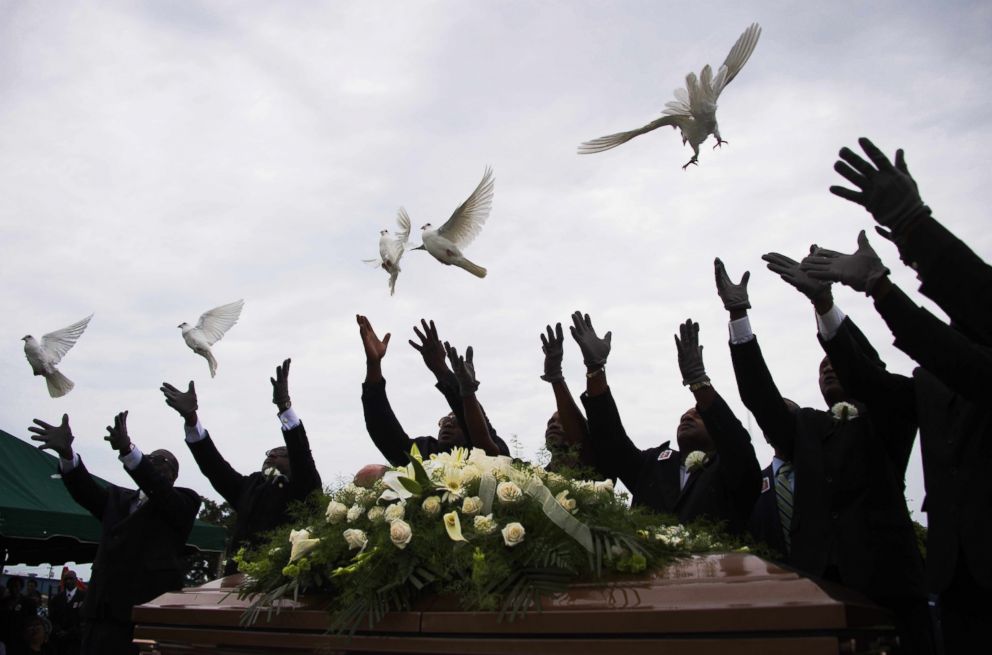Charleston Church Shooting Victim Was Considering Retirement, Brother Says at Dylann Roof Sentencing
Roof is in court for the sentencing portion of his federal trial.
— -- Charleston church shooting victim Cynthia Hurd was considering retiring from the Charleston County Library after three decades of service when she was gunned down at church, her brother told the federal jury deciding the fate of convicted killer Dylann Roof today.
Roof, already convicted of killing nine churchgoers in Charleston, South Carolina, will be sentenced to death or life in prison at the conclusion of the trial.
Hurd's brother, Malcolm Graham, described Hurd as the protector in their family; she was mature, studious and an avid reader, he said.
"Cynthia used to get in so much trouble because when we were supposed to be doing chores, she would be hiding away reading books," Graham said, according to ABC affiliate WCIV. "She was smart ... she knew the power of education."
"She started being my life coach at a very early age," Graham said.
Hurd worked at the Charleston County Library for 31 years. She was considering retirement, WCIV reported.
Her 55th birthday was the Sunday after she was gunned down at the bible study in Charleston.
FBI special agent Joe Hamski also testified this morning, showing the jury the nine victims' death certificates; three of the victims were at least 70 years old.
Hamski read parts of Roof's jailhouse journal, which included racist language and drawings, and said Roof wore shoes with racist symbols to court, as recently as this Monday.
Sharon Risher, daughter of slain churchgoer Ethel Lance, said there was no stopping her mother; she said she was never one to shirk her duties.
Risher said her mother loved to dress up; she never went anywhere without perfume and a handkerchief.
Risher said her mother always had an unbreakable faith, but it was after Risher's mother and grandmother together joined Emanuel AME Church -- where the shooting happened -- that Lance's faith really blossomed to the public, Risher said. She said it seemed her mother felt she could be herself in that church.
Risher told the jury she misses talking to her mother.
Walter Jackson Jr., grandson of slain churchgoer Susie Jackson, tearfully told the jurors today of his beloved grandmother.
"She was just so peaceful. She loved on everybody," he said, according to WCIV. "It's tough to love on everybody because we all got different emotions and feelings, but she loved on everybody and it didn't matter who you were."
"She just radiates unconditional love," he said, according to WCIV.
Yesterday, daughters, sons, sisters and friends of the victims shared their tragic stories of loss and grief with the jury.
WCIV reported that U.S. District Judge Richard Gergel had commented that court officials were crying during the friends and relatives testimony.
A look back at the tragic Emanuel AME Church shooting
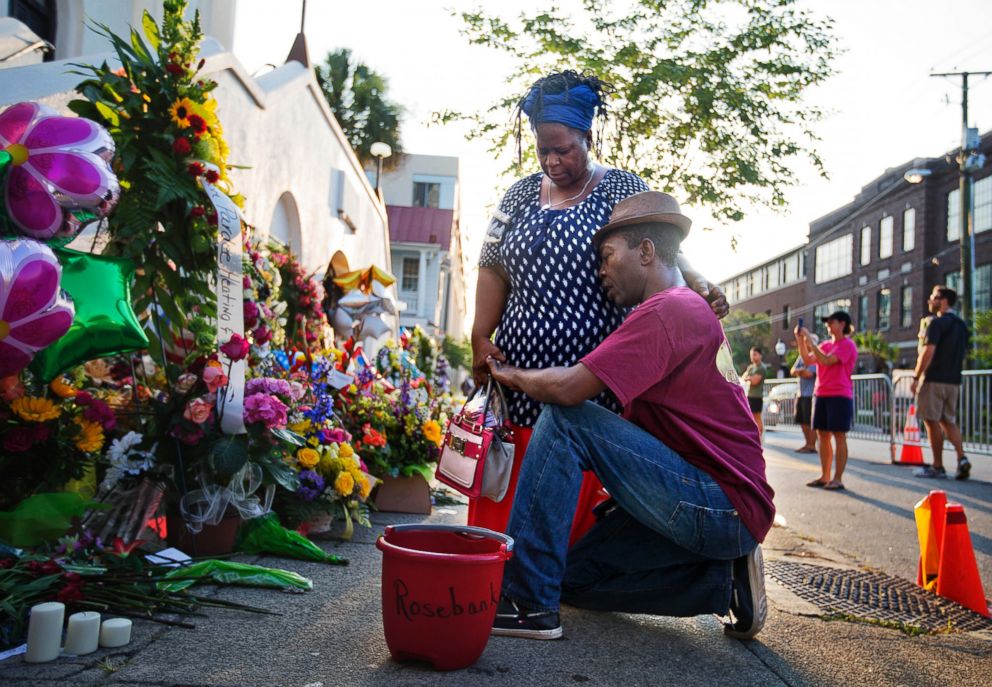
Last month, the jury found Roof guilty of fatally shooting nine parishioners at a Charleston church, in June 2015.
Roof went to the church that night armed and "with the intent of killing African-Americans engaged in the exercise of their religious beliefs," according to the federal indictment against him. The church members welcomed Roof into their Bible study, according to the indictment, after which Roof drew a gun and opened fire.
The government is asking the jury to sentence Roof to death.
A journal-like document found in Roof's jail cell included anti-Semitic and racist language, according to testimony Thursday from Lauren Knapp of the Charleston County Detention Center. The writing said in part: "I did what I thought would cause the biggest wave. ... I have not shed a tear for the innocent people I killed. I do feel sorry for the innocent white people killed at the hands of lower races," WCIV reported.
Roof, who is representing himself for the sentencing phase of his federal trial, spoke for less than five minutes in his opening statement Wednesday, telling the jury there is nothing wrong with him psychologically. Roof did not apologize for his actions.
Defense attorney David Bruck told the court last month, "He did it ... You're probably wondering, so what we are doing here? Why does there need to be a trial? ... The practical reason is that the government has asked for the death penalty after conviction, and because of that, we have a procedure to go through.”
"Our society does not order the death penalty if there are reasons to choose life," Bruck added. "You're going to want to understand who this person was and why on earth he would want to cause so much grief."
Roof also faces a state trial in which he may again face the death penalty. The state trial, which was scheduled to begin this month, has been delayed indefinitely.
